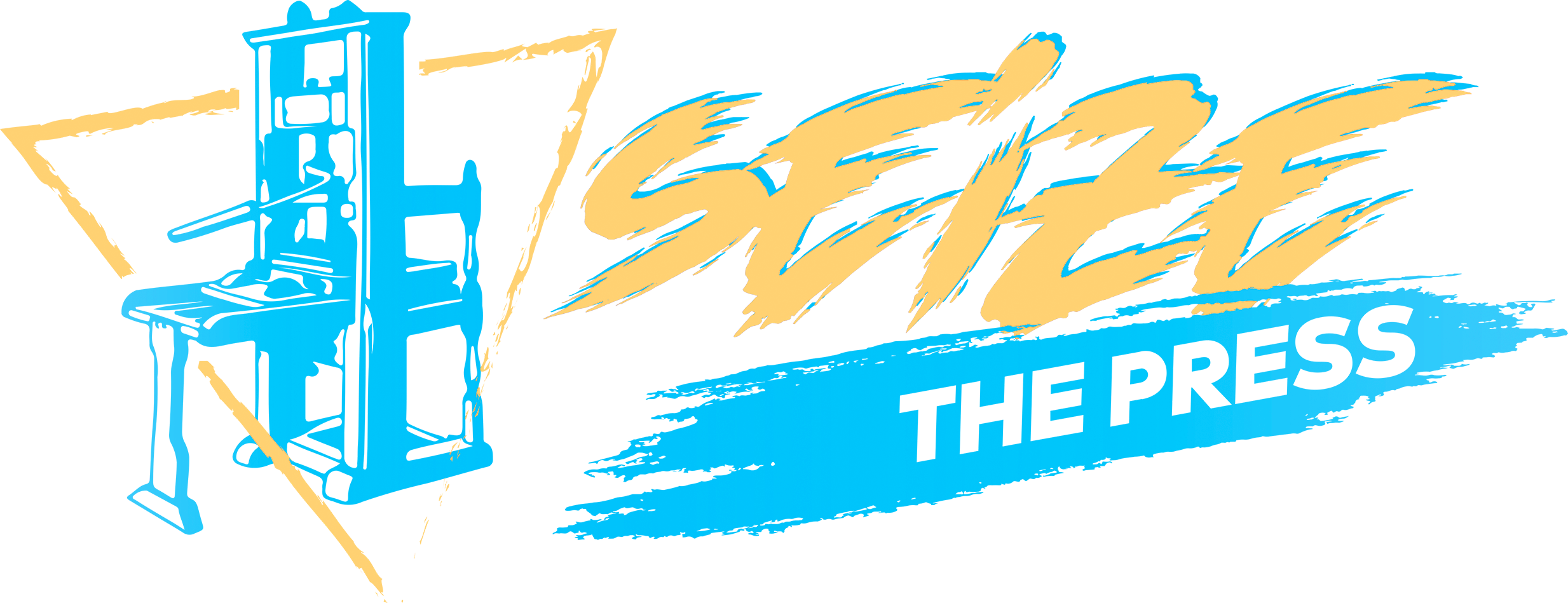Shirtless and sunburned, a lone man climbs a hill. The bees buzz in his skull—relentless. Their drone drowns out the raging freeway, curses from tired drivers, a distant siren. Angry-red skin peels from his shoulders. Outgrown toenails peek through his torn sneakers. Sometimes he loses his footing, and the bees sting his eyes from the inside, and his vision goes black. Vengeful little creatures. But the man finds his footing and climbs on, his head a container for their rage.
A year, two, a decade ago he tried to carve them from himself, a ritual of desperation. Silence the insects, silence the voices screaming get going, get going, you lazy fuck. With a slab of plated glass, one edge muddy, one edge stained with a yellow film, he prayed with the yellow edge flush against his sweat-smelling neck to gods he had long forgotten, using names that were surely wrong. He prayed and he prayed until the lights died, and his prayers were nothing but mutters and whispers of empty threats. Still the bees raged on, like a curse descending upon a deserving sinner.
Halfway up the hill, the man remembers that once he was eight and there was silence around him and he slept with eyes closed in a bed that was soft enough, that wasn’t a concrete bench erected with bars bisecting it in the middle. And in the mornings the air smelled not of stale liquor, but of fresh coffee and fried eggs. He was a little prince waiting for his throne, a warrior before the call to battle, a magician in search of a knight to assist—unlimited potential from head to toe. He was boundless, edges not yet formed. Kind, the way that children can be before they learn that cruelty gets them further. He would have made a worthy king, if only not for the bees, his mother would say. Such pity, her words echo through the decades, such pity that I’ve been damned with a cursed son. The honey cravings in the months before the birth a tell-tale sign the curse had taken roots. I should have carved you from myself when I had the chance, she never said, but he knew, he knew the sentiment was there.
Now he opens his mouth and screams into the sky so that his voice doesn’t leave him like it had a year, two, a decade ago when the bees grew so loud he couldn’t hear the world, the traffic, the voices behind the flashlight saying you can’t sleep here, better get moving. But joke’s on them because he couldn’t have been sleeping, not with the cold, not with the snow at his feet and in his bones, and the bees, the damn bees in his head.
His naked shoulder slams into a person, a tree, the wall of a building, all windows gone. The bees hate sleeping outside. When they sleep outside they rage on and they sting, and they sting, sting, sting. They crave enclosure and walls and a ceiling you can’t see the stars through. It was a year, or two, or a decade ago that he owned a ceiling and four walls and a small lot out back where he planted sunflowers because the bees urged him to. And they buzzed softly, satisfied as they watched the green stems break through the ground and reach for the sun.
But then winter came, and the snow came and cold came, and the bills in their white crisp envelopes never stopped coming. The bees raged and stung him until the bills were of no importance and he stayed perfectly still in the corner of what was once a kitchen and now was nothing but a prison of tiles, filthy and littered with jars of brown piss. And when he was yanked outside by a hand insisting it was helping, he wandered a while through the winter city, arguing with the bees who suggested he take a plunge from the next bridge he walked across.
And then spring came and a stranger in some teal scrubs asked him how it all started, and the man could only say it started how it always does, with loud shouts and nothing but sleep for dinner. The stranger in the teal scrubs frowned. They always frown before they say that there is nothing to be done for him, before they hand him an offering of pills and say take these every morning and night. But all they do is slow his legs and dry his already chapped lips. They do nothing for the bees.
And so the man leaves and the man climbs. Fences, hills, storeys of boarded up houses. For as long as he climbs, the bees are pacified, and they only sting him occasionally and only when he slows down. But once they stung him so bad he started running, screaming at the pain erupting behind his eyes. When the stinging subsided, a siren passed above him and the flashing lights of a police car lit up the underpass. Sometimes the bees know something he doesn’t, warn him of a danger coming before the danger arrives. Some days the man doesn’t mind their presence so much and the puzzle of his curse begins to reassemble itself.
Now, the buzzing ebbs and flows as the man climbs the hill by the freeway. Car engines fade into the distance, shouts from angry drivers, all white noise, all so easy to ignore. He has a walking stick to lean on and an old t-shirt wrapped around his waist. He washed it in the lake, dried it on a weeping willow as he watched goslings learn to swim.
Past the hill crest a field unfolds, littered with dandelions and wild lavender. The city will spray these as soon as the yearly landscaping budget passes. It’s good to reduce allergens, they all say, people who never go to the field. People who have never stretched out flat on grass, bare skin prickled by sharp ends, people who have never fallen asleep in the scorching July sun as the bees in their head drift off too.
We can rest here, the bees say without words, we can all rest here, together.
Letting go is easy in the midday heat of a summer day. Eyes closed, lips parted, the man exhales, and the bees flow from his mouth. They hover over the dandelions, the lavender, little clumps of them, yellow and vibrating. They gorge themselves on sweet nectar until their fuzzy bellies are round, until their furry paws are heavy with pollen. And they take to the skies, free, buzzing—boundless.
The man lays out on a field of weeds, skin red and peeling.
He loses his next breath and never finds it.

A.D. Sui
A.D. Sui is a Ukrainian-born, queer, and disabled science fiction writer. She is a failed academic and retired fencer. Her writing has appeared in Dark Matter Magazine, Augur, and others. Her debut novella THE DRAGONFLY GAMBIT is coming out with Neon Hemlock in 2024. When not wrangling her two dogs, she’s on every social media platform as @TheSuiWay.
